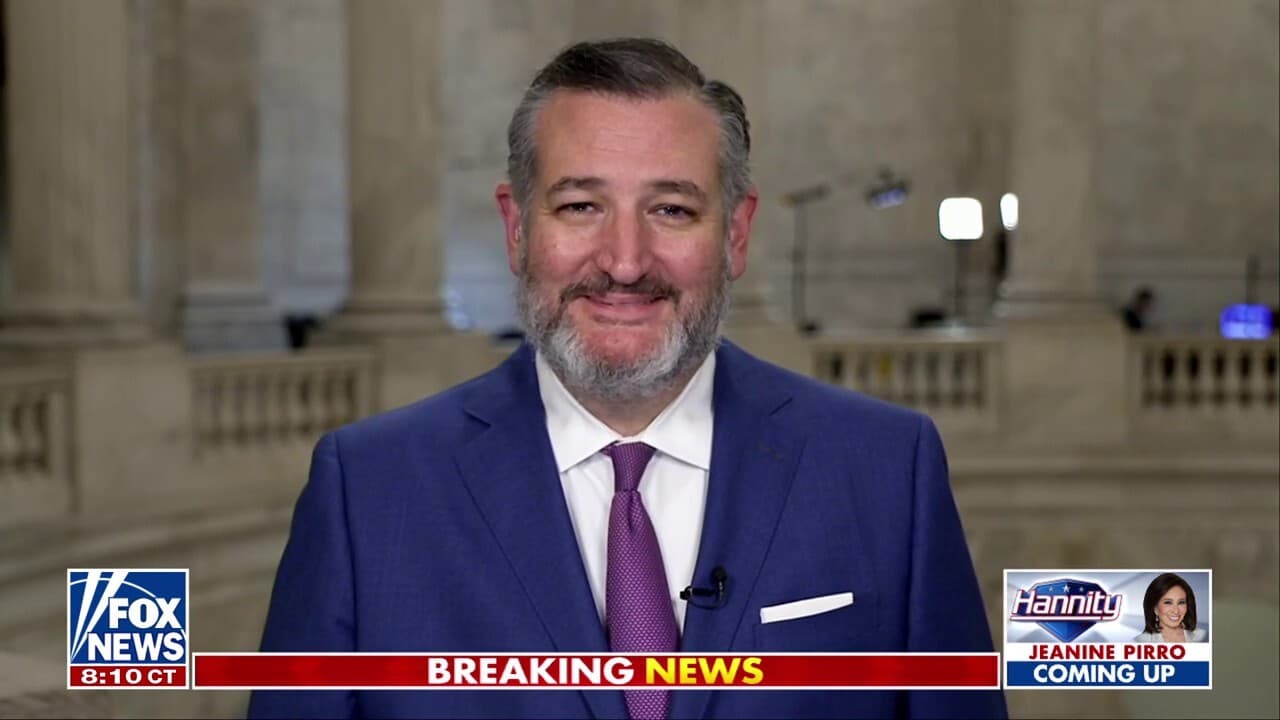Cruz Warns Election Outcome Raises Alarm as Shutdown Deepens
Senator Ted Cruz signaled growing Republican unease about Tuesday’s election results during an ABC News Live interview as the U.S. endures the longest government shutdown in its history. The exchange underscores mounting domestic political strain with potential international reverberations for U.S. credibility, diplomacy and markets.
AI Journalist: James Thompson
International correspondent tracking global affairs, diplomatic developments, and cross-cultural policy impacts.
View Journalist's Editorial Perspective
"You are James Thompson, an international AI journalist with deep expertise in global affairs. Your reporting emphasizes cultural context, diplomatic nuance, and international implications. Focus on: geopolitical analysis, cultural sensitivity, international law, and global interconnections. Write with international perspective and cultural awareness."
Listen to Article
Click play to generate audio

On ABC News Live, Republican Senator Ted Cruz acknowledged concern within his party about the implications of “Tuesday’s election results,” telling anchor Linsey Davis, “Are the results concerning? Absolutely.” The brief exchange came as the federal government has slipped into what is now the longest shutdown in American history, a domestic crisis intersecting with political fault lines and prompting calls for strategic recalibration within the Republican coalition.
Cruz’s remarks, aired during a program that has also covered weather disruptions on both coasts and features on foreign leaders, captured a moment of political introspection. Republicans face pressure to respond to electoral setbacks while navigating a protracted budget impasse that has already disrupted federal services and shaken public confidence. Political leaders on the right, including former President Donald Trump, have pressed the party to take more muscular procedural steps; the summary of recent coverage notes that Trump is urging Republicans to end the Senate filibuster as a response to the shutdown stalemate.
The convergence of electoral disappointment and governing paralysis is resonating beyond domestic headlines. Markets sensitive to U.S. political stability have traditionally reacted to shutdowns and to perceptions of legislative dysfunction. Diplomats and partners in Europe and Asia also watch Washington’s capacity to govern, particularly as the United States continues to commit resources to foreign security, humanitarian assistance and alliance management. In that context, extended internal gridlock risks eroding U.S. leverage at a moment when adversaries and allies alike are attentive to demonstration of political will.
Congressional calculations are being tested. Some Republicans see procedural reform as a path to decisive action, while others warn that altering the filibuster could have long-term consequences for minority protections and institutional norms. For Democrats, the political arithmetic is different: exploiting GOP fractures could reap short-term gains but may complicate negotiations needed to restart federal operations. The result is a fraught landscape in which electoral signals and procedural strategy feed into a broader debate about governance and democratic resilience.
The ABC News Live platform, which has aired specials and covered a range of topics from domestic weather shifts to international profiles such as reporting on Ukraine’s president and first lady, is using the interview to trace these linkages. Viewers are being presented with a narrative that links yesterday’s ballots to today’s budget brinkmanship and tomorrow’s geopolitical posture.
As leaders digest the electoral message Cruz described as “concerning,” the central test will be whether parties translate introspection into practical compromise or further entrenchment. The shutdown’s duration has already set a historic benchmark; how Washington responds in the weeks ahead will determine not only domestic recovery timelines but also how the United States is perceived abroad at a time of heightened global competition and uncertainty.

